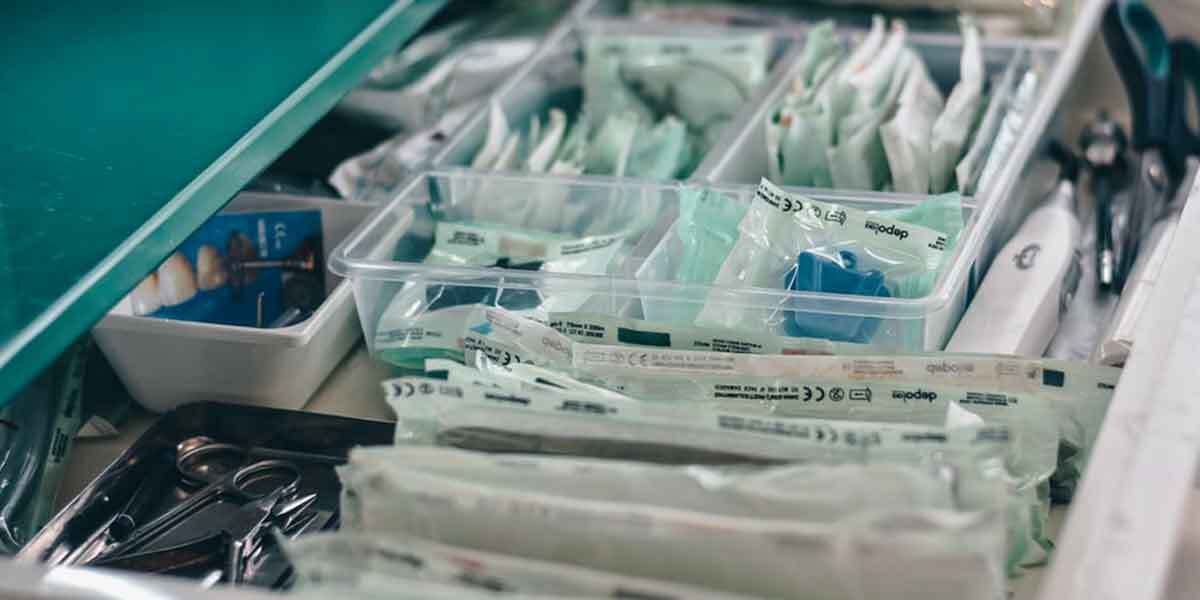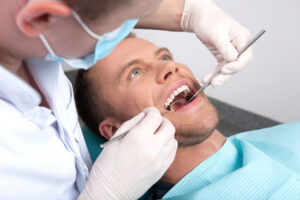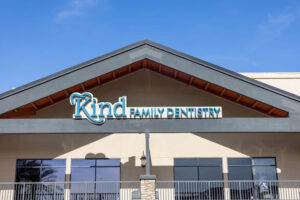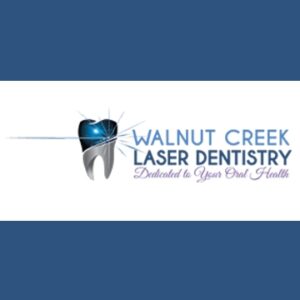Author: nearmedental
You never know when you’ll have a dental emergency. Because of a sudden toothache or a crack in the middle of your Sunday brunch, you might find yourself typing “Emergency Dentist Near Me.”
In any case, you should see a dentist as soon as possible. Following are some steps to take in the event of a dental emergency:
Step 1: Relieving Pain While Looking For The Professional Help From An Emergency Dentist Near Me
Before calling for a dental emergency and visiting an emergency dentist near me, there are a few things you can do to ease your discomfort and relax:
- To reduce swelling and pain, place hot or cold pads on the affected area. To see which works best for you, try both cold and hot.
- Rinse your mouth out with water or a gentle mouthwash (best without alcohol). This will aid in keeping your mouth clean and preventing illness.
- If the pain is severe, you can use an over-the-counter pain reliever to help relieve the discomfort and prevent further swelling.
Step 2: Determining If It Truly Is A Dental Emergency
Ensure to assess your discomfort level before calling an emergency dentist near me. A pain scale or chart can assist you in determining the severity of the pain and what you should do next.
So, if your pain level is between 1 and 3, it’s considered minimal, and you can probably wait.
Moderate pain (ratings 4–6) can make it challenging to go about your routine. If you are in mild discomfort, you should consult an emergency dentist near me as soon as possible.
A pain level of 7 to 10 is regarded as severe and can significantly impact your autonomy and capacity to carry out your daily activities. If you fall into this category, you should seek medical help as soon as possible and instantly consult an emergency dentist near me.
Step 3: Deciding If You Must Immediately Act On The Dental Emergency
There are times when you may be in pain or discomfort but aren’t sure if it’s a serious dental emergency and if you should look for an emergency dentist near me. If you have one or more of the following common dental concerns or symptoms, make an appointment right immediately.
- A tooth that is knocked out
- A root that is fractured
- Heavy bleeding
- A tooth that is cracked or broken
- A swollen or painful tooth
- Tooth Abscess
Do not hesitate to call an emergency dentist near me if you have any of these tooth issues. The sooner you have your mouth examined, the fewer long-term difficulties you will face.
Step 4: Look For An Emergency Dentist Near Me Who Is Open At That Instance
On weekdays and during business hours, finding an emergency dentist near me will be simple. However, finding one on the weekends or after business hours may be difficult.
You should try to contact your dentist first if you have a dental emergency. If no positions are available, request that they direct you to someone they know and trust.
Even if it’s after business hours, try calling because most dental offices have a recorded message that will refer you out in the event of a severe dental emergency.
If you don’t have a dentist search online for “an emergency dentist near me for dental treatment” to find dentists close by, have open offices, and, most importantly, have positive online ratings.
If you can’t find a dentist or receive a referral, go to the emergency room and see what they can do until you visit your dentist. They can help you cope with the pain by performing some dental treatments (such as extractions) or prescribing more vital pain medication.
What To Do In Case Of A Dental Emergency And Don’t Have Dental Insurance?
Some people turn to dental schools or government clinics for free or low-cost care when they don’t have health insurance. If you are unsure about attempting these, contact a reputable dental office in your area and inquire about payment options such as care credit or in-house financing. You can pay in installments (sometimes interest-free) and receive treatment from a dependable, highly qualified emergency dental team.
Conclusion:
Dental emergencies are frequently avoidable. To avoid unnecessary dental visits, follow these guidelines:
- When engaging in sports or leisure activities, wear a mouthguard.
- Chewing popcorn kernels, ice, and hard candy can all cause a tooth to crack.
- Instead of using your teeth to cut things, use scissors.
- Cleanings and examinations should be done regularly.
- Go to your dentist straight away if you have a broken tooth but no pain. You don’t want the situation to deteriorate.



